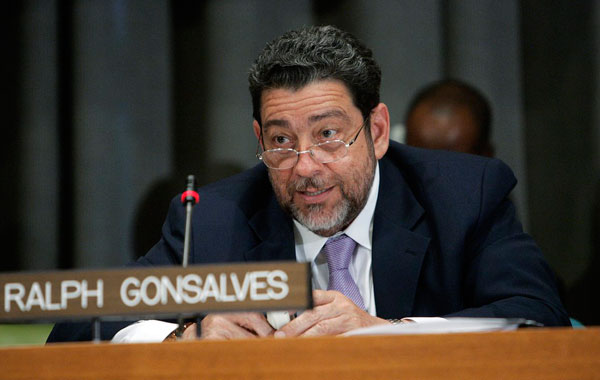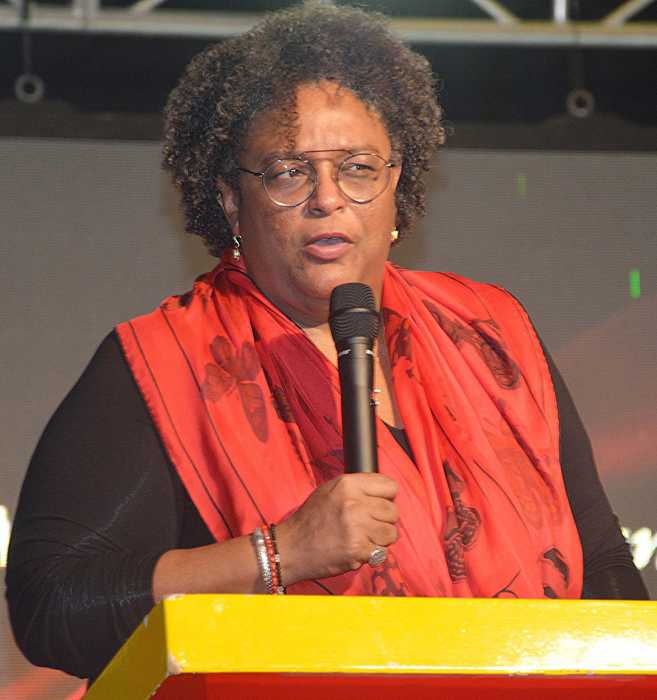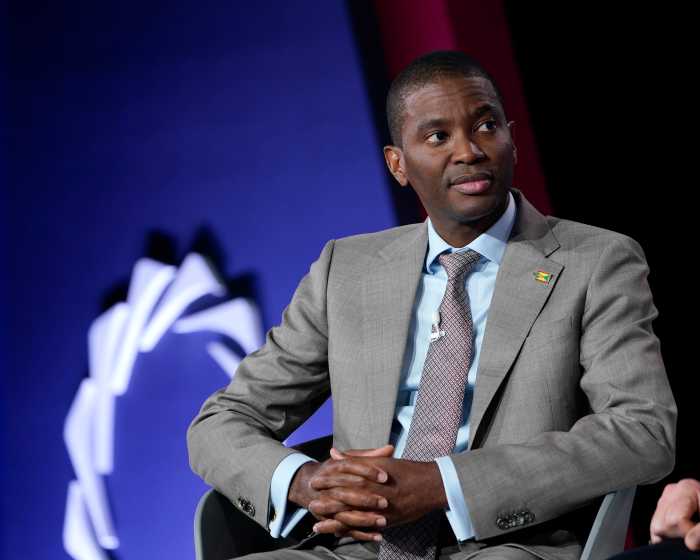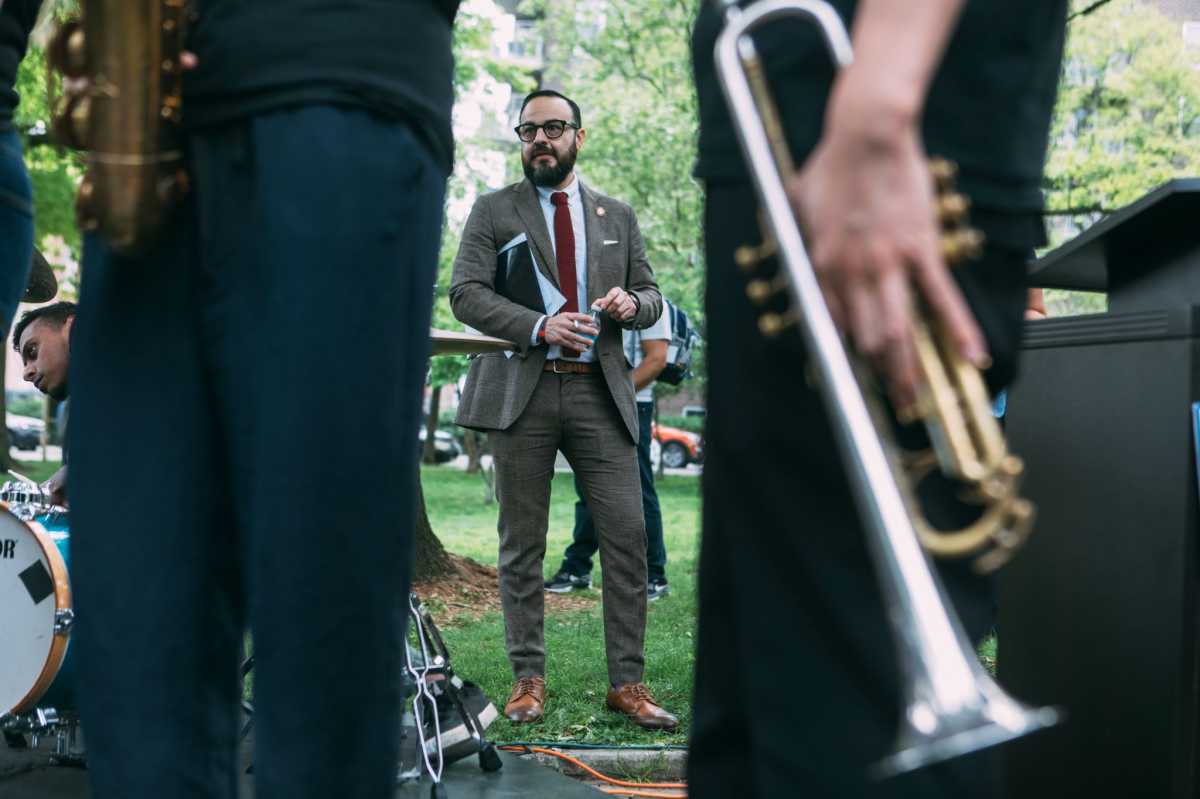Antigua and Barbuda
Antigua and Barbuda marked the 25th anniversary of Cuban health workers’ arrival on the island, reassuring them that their presence will always be appreciated.
“Twenty-five years ago, our nations embarked on a journey rooted in compassion. When Cuba answered our call for support, they did not send merely doctors; they sent heroes. Heroes who left their homes to safeguard ours,” Governor General Sir Rodney Williams told the ceremony.
“Heroes who have touched countless lives, from the bustling streets of St. John’s to the tranquil shores of Barbuda. Through hurricanes, pandemics, and challenges unforeseen, the Cuban Medical Brigade stood with us, undaunted, unwavering, and united in purpose,” he added.
The Cuban brigade has come under scrutiny recently after US Secretary of State Marco Rubio said Washington was announcing “the expansion of an existing Cuba-related visa restriction policy that targets forced labor linked to the Cuban labor export program.
“This expanded policy applies to current or former Cuban government officials and other individuals, including foreign government officials, who are believed to be responsible for, or involved in, the Cuban labor export program, particularly Cuba’s overseas medical missions.”
Rubio, the son of Cuban immigrants, added that the new policy also applies to the immediate family members of those supporting the Cuban program.
“The department has already taken steps to impose visa restrictions on several individuals, including Venezuelans, under this expanded policy,” he added.
Several CARICOM leaders have defended the Cuban health program and said they were prepared to have their US visas revoked. Prime Minister Gaston Browne told the ceremony that the Cubans had become essential to the country’s healthcare services.
“We are very pleased to have you here, and we hope that as we celebrate this 25th anniversary, this will represent just a fraction of the many more years to come as part of this partnership.”
Barbados
Prime Minister Mia Amor Mottley has expressed concern about the rising cost of insurance, firmly believing that it is a significant barrier to climate resilience and threatens the viability of businesses, especially those in the tourism industry.
Addressing the delegates of the Fifth Board Meeting of the Fund for Responding to Loss and Damage, Mottley said she had met with officials from the Intimate Hotels of Barbados, where the issue of higher insurance rates and the challenges they face as a result were discussed.
“They need to access capital in order to refurbish and remain competitive, but if the insurance premium that they are paying puts them in a state of losses, then the ability to be able to get the new oxygen, the new capital to keep them competitive is at risk.
“And that is why Barbados has continued to maintain, starting with a colloquium which we had in November 2019, that this issue of insurance is at the center of much of what we have to discuss going forward. When a sector or a country or a region becomes un-insurable, they effectively become un-investable, which is the major nightmare we face,” Mottley stated.
She added that a Resilience and Regeneration Fund was created to replace the Catastrophe Fund, as outlined in the 2025 budget, to respond to these challenges.
The fund builds on earlier reforms, including using natural disaster clauses in sovereign bonds. These clauses, triggered by disaster declarations, allow Barbados to pause debt repayments and redirect resources to recovery.
Mottley said the measure has provided critical fiscal space approximately 17% to 18% of GDP over two years after extreme events.
CARICOM
CARICOM labor ministers have agreed to a harmonized and sustained approach to labor matters that impact the free movement of people within the 15-member regional integration grouping.
A recent statement issued by the CARICOM Secretariat said this was the consensus outcome from the 34th Special Meeting of the Council for Human and Social Development (Cohsod), also recently held.
Grenada’s Attorney General and Minister for Legal Affairs, Labour, and Consumer Affairs, Claudette Joseph, chaired the meeting, which was attended by various regional stakeholders.
According to the secretariat, participants took advantage of the opportunity to agree on a unified position on critical issues surrounding labor in the Community ahead of the International Labour Conference (ILC), scheduled for June 2-13.
It said that these discussions are also happening during a crucial period of implementing the CARICOM Single Market and Economy (CSME), which allows for the free movement of goods, skills, labor, and services across the region.
CARICOM Secretary-General Dr. Carla Barnett said that most member states have signed the Protocol on Enhanced Co-operation, noting “this means that those countries that are ready to move forward with free movement will be able to do so.”
“If everybody wants to move forward together simultaneously, that would be the most desirable of all the options,” said Barnett, adding she was looking forward to the meeting guiding “us at the secretariat on how we can help to ensure that the views of labor ministers, the positions with respect to labor in the Community, are properly supported.”
Joseph highlighted the significance of the discussion on free movement and added, “We discussed the question of the free movement of people. CARICOM had set a deadline to implement free movement. We are very close to having ratification of the protocol that was developed,” Joseph said.
Guyana
Vice President Bharrat Jagdeo has rejected claims that the government’s aggressive outreaches are nothing more than election gimmicks, arguing that the People’s Progressive Party/Civic (PPP/C) administration has maintained a consistent presence in communities nationwide.
Jagdeo, who also serves as the PPP’s general secretary, reminded us that since 2020, even during the height of the COVID-19 pandemic, government officials, including President Irfaan Ali, have actively reached out to citizens.
Recently, the president conducted a two-day outreach in Berbice County. Jagdeo noted that these outreaches have been more community-based, addressing land disputes, drainage issues, and individualized issues.
“This isn’t dysfunction,” he said in response to critics. “It is a sign of a government that is prepared to listen to the people…because we care. Even when we cannot solve the problems, we listen.”
“The key thing is that we’re the only ones who’ve been doing this consistently…in 2020…in the middle of COVID-19, we were on the ground… 2021, we were on the ground, 2022, we were on the ground, 2023, 2024 and 2025. Which political party has done this or any individual in those years?”
Jagdeo also criticized the media for portraying public listening tours as signs of inefficiency, adding, “We don’t mind spending our time (on the ground) rather than sitting down and sipping coffee in Georgetown and pontificating about development. That’s not how development works.”
Haiti
The Inter-American Development Bank (IDB) has agreed with the government of Haiti to launch a five-year recovery and development plan process for the French-speaking CARICOM country.
The IDB said that under its leadership, the bank will coordinate this joint effort with the World Bank, the United Nations, and the European Union.
The agreement of the Medium-Term Recovery and Development Plan for 2025-2030 was formalized in a joint statement signed by IDB president Ilan Goldfajn and Alfred Fils Metellus, Haiti’s Minister of Economy and Finance, on the sidelines of the IMF and World Bank Spring Meetings in Washington, USA.
The IDB said that this partnership between Haiti and multilateral institutions builds upon the Rapid Crisis Impact Assessment, led by the World Bank, which outlined and quantified urgent, priority needed in the metropolitan region of Port-au-Prince.
“The IDB is fully committed to leading this initiative with our global partners. The Medium-Term Recovery and Development Plan for 2025-2030 is a joint effort designed to strengthen Haiti’s resilience and lay the groundwork for a more stable and prosperous future,” said Goldfajn.
“By bolstering Haiti’s economy through private-sector-led growth, enhanced human capital, and strengthened institutions, we aim to create conditions for lasting peace,” he added.
St. Vincent and the Grenadines
Prime Minister Dr. Ralph Gonsalves says his administration is seeking loans totalling US$93 million. At least US$63 million will come from the Washington-based World Bank, and the remaining US$30 million will come from the Barbados-based Caribbean Development Bank (CDB). This will be a policy-based loan that will be used across the government rather than for a specific project.
“Remember I had said to you, we don’t have all the money to do this, not all the money to do that, and they should be signing that shortly,” he said, adding, “That is about 30 million US.”
“We spent about half of it in advance already, so that go fill back the hole. Because sometimes you can’t wait, you know; have to get something from some other source when the thing comes you fill back the hole,” Gonsalves said.
General elections are expected to be called by November, ahead of the February 2026 constitutional deadline, and Gonsalves, whose Unity Labour Party (ULP) is seeking a sixth consecutive term in office.
“I’m operating on the basis that I am winning the election and preparing programs for next year and beyond. I ain’t just making an assumption. I’m operating on the basis that the people will return us for a sixth term.”
He said the policy-based loan “isn’t tied to anything.
“But the items which we are looking at, to prepare additional programs from this money, which we are presenting to the World Bank,” he said, mentioning a sustainable tourism and coastal erosion resilience project to deal with tourism sites, groynes, breakwaters, and re-sanding.
“A second one: sustainable fisheries and livelihood enhancement project to do some infrastructure development at Ashton in Union Island, Buccament, Calliaqua, Clare Valley, Layou, Low-mans, Shipping Bay. You know, fish fries, support for the fishers, and the like.”
Gonsalves said that while his government was doing some things, it had to do more, including in Technical and Vocational Education and Training (TVET), skills development for construction, culture, and the creative industries.
— Compiled by Devika Ragoonanan

























